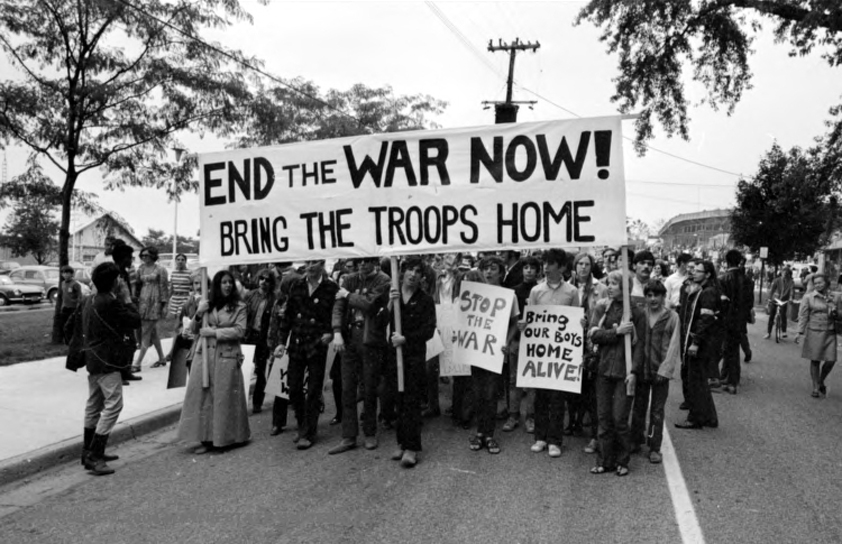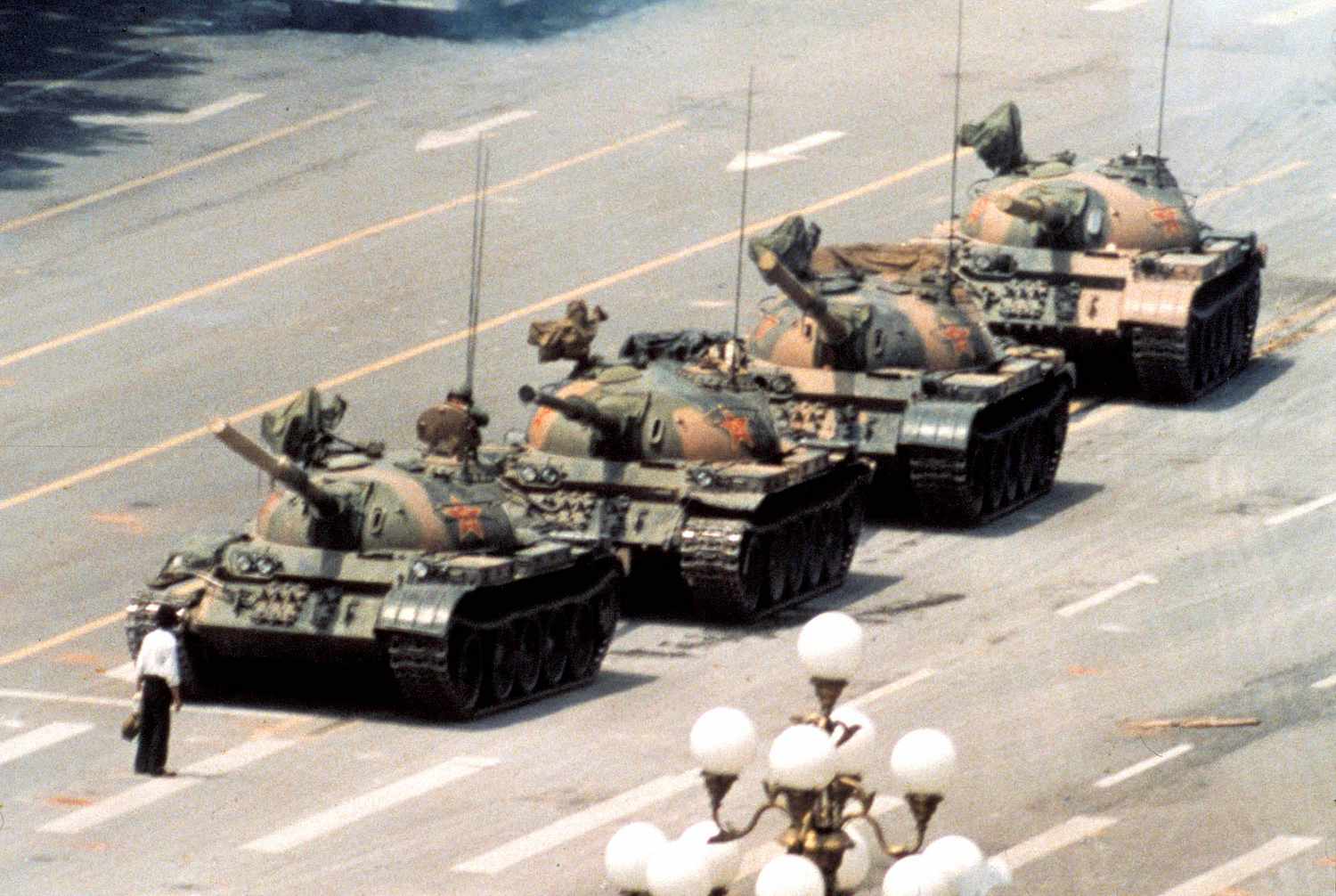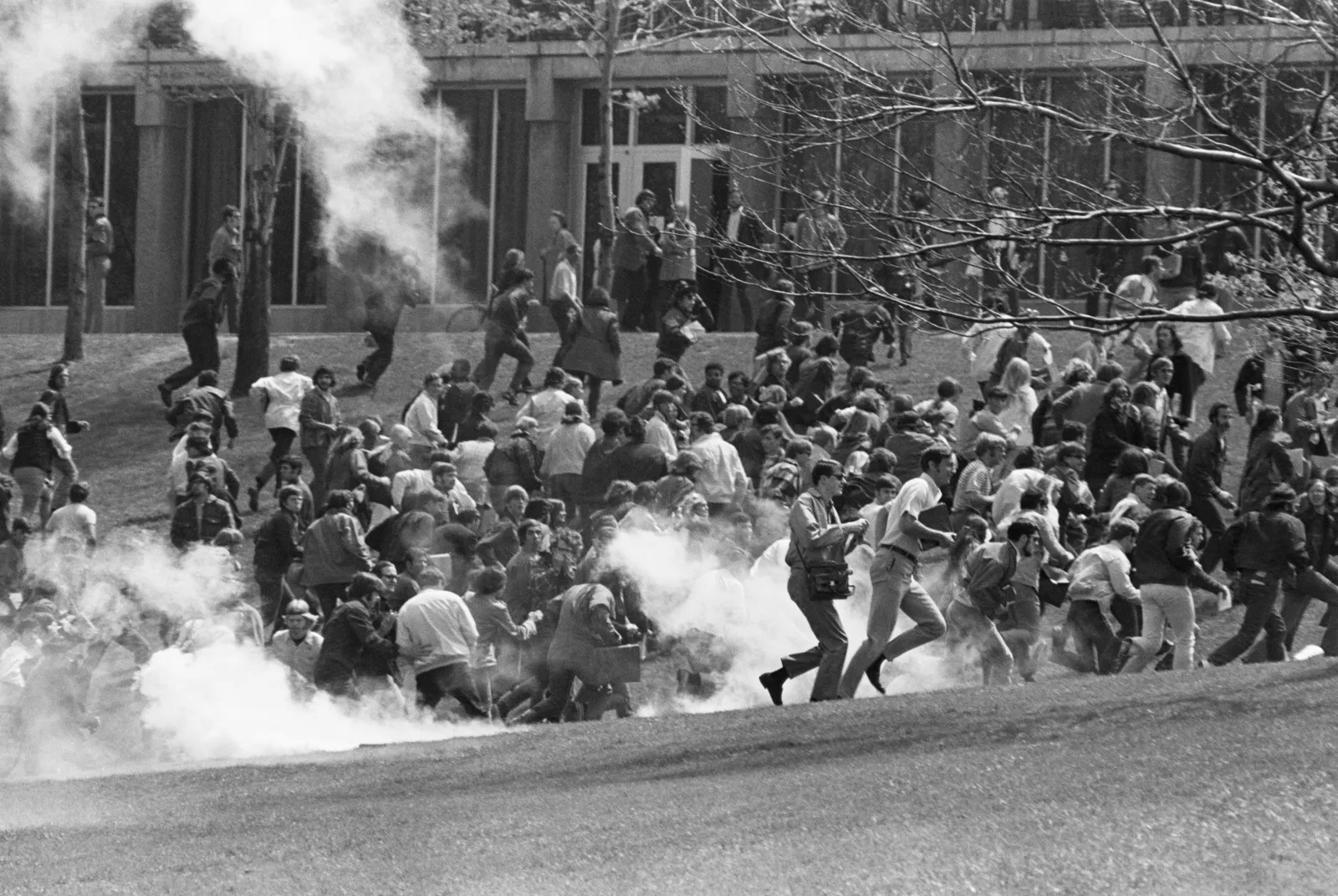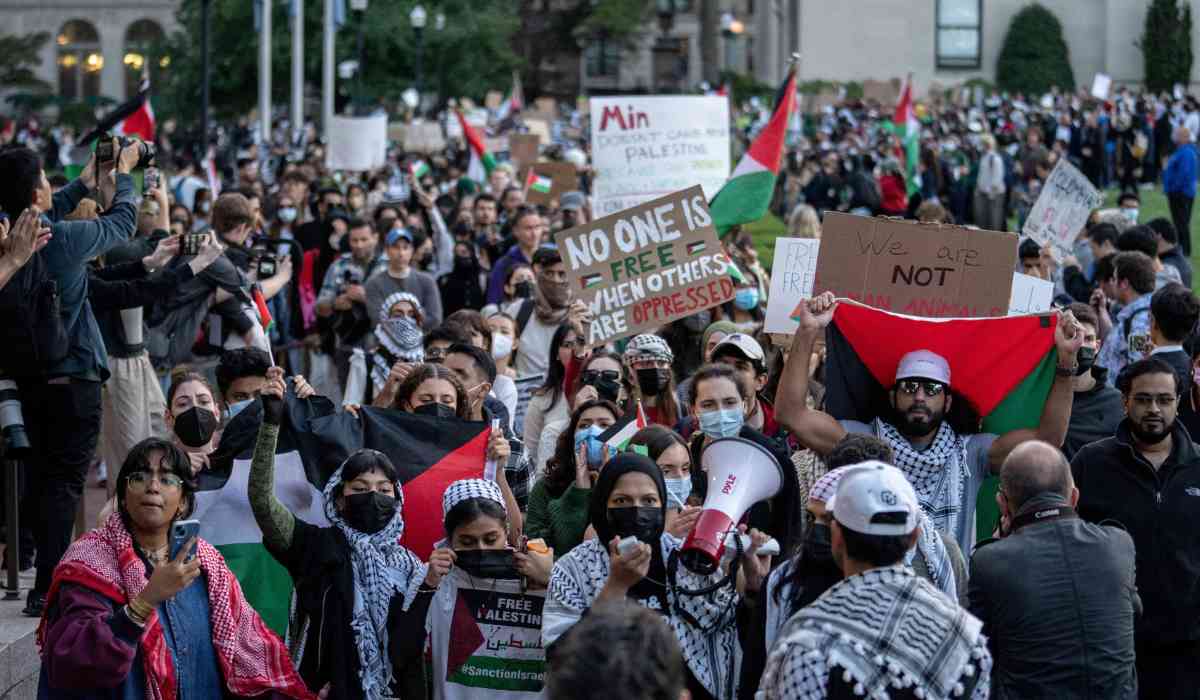Student demonstrations across multiple U.S. campuses, notably at Columbia, Yale, and New York University, have escalated significantly in response to the ongoing conflict in Gaza. The past week has witnessed the establishment of encampments on these campuses, marking a visible surge in student activism. Law enforcement interventions, including arrests, have been reported as tensions heighten.
Calls from students for a lasting ceasefire in Gaza, cessation of U.S. military support to Israel, university disinvestment from entities profiting from the conflict, and amnesty for disciplined or terminated faculty and students resonate through the protests. The demands reflect a broad spectrum of concerns regarding the conflict's impact and U.S. involvement.
_1714284587.jpeg)
While current events highlight the urgency felt by students, history underscores the enduring tradition of student activism against war. From Vietnam to Iraq, students have historically mobilized en masse to challenge military interventions. This latest wave of protests underscores the continued relevance of student activism in shaping public discourse and challenging government policies.
Student protest during the Vietnam War
The 1960s and 1970s in America were marked by profound societal change and upheaval, with one of the most influential movements being the student-led anti-war protests against the Vietnam War. This period saw young Americans take to the streets, campuses, and public squares in unprecedented numbers, driven by a deep-seated opposition to the war and a commitment to peace and justice. The student anti-war movement was not a fleeting phenomenon but a deeply rooted and widespread expression of dissent.

Students from diverse backgrounds and universities across the nation united under the banner of peace, organizing protests, marches, and sit-ins that captured the attention of the nation. The motivations behind this movement were multifaceted. Many students were driven by moral and ethical concerns, questioning the justifications and consequences of the Vietnam War. They saw the war as a misguided and destructive endeavor that was costing thousands of American and Vietnamese lives while draining valuable resources that could be better used for social programs at home.
The anti-war movement was fuelled by a broader critique of American foreign policy, imperialism, and militarism. Students challenged the government's actions not only in Vietnam but also in other parts of the world where American intervention was perceived as unjust or imperialistic.
Tiananmen Square Massacre

The Tiananmen Square Massacre of 1989 marks a pivotal moment in modern Chinese history. Beijing's iconic plaza served as the backdrop for widespread demonstrations, forcefully quashed by the Communist regime. Among the enduring images of that time stands the lone protester confronting a line of military tanks, symbolizing defiance against authoritarianism. Decades later, discussions of the massacre remain highly sensitive within China. Recently, the dismantling of a significant memorial in Hong Kong underscores the ongoing suppression of dissent. Against a backdrop of economic reform initiated by Deng Xiaoping, demands for political liberalization ignited protests, tragically culminating in a violent government crackdown whose toll remains disputed.
Protests in the 70s in the USA
The tragic events at Kent State University in 1970, where National Guard troops fired on unarmed student protesters, served as a stark reminder of the risks and sacrifices involved in political activism. The shooting shocked the nation and galvanized public opinion against the war, further fuelling the momentum of the anti-war movement. Despite facing criticism and opposition, the student activists of the 1960s and 1970s were far from naive. They were well-informed, articulate, and deeply committed to their cause. Many sacrificed their academic careers, faced arrest, and endured personal hardships to speak out against the war and advocate for peace.

The student anti-war movement was part of a broader cultural and social shift that challenged traditional norms and values. It laid the groundwork for other progressive movements, including civil rights, women's liberation, and LGBTQ+ rights, which gained momentum in the decades that followed. The legacy of the student anti-war movement is enduring and resonates with us today. It serves as a testament to the power of grassroots activism and the importance of standing up for one's beliefs, even in the face of adversity. As we look back on this pivotal period in American history, let us remember and honor the courage, conviction, and sacrifice of the young men and women who dared to challenge the status quo and strive for a more just and peaceful world. Their voices may have been silenced, but their message continues to inspire and guide us in our ongoing quest for justice, equality, and peace.
(Inputs by Agencies)
Ⓒ Copyright 2024. All Rights Reserved Powered by Vygr Media.
























